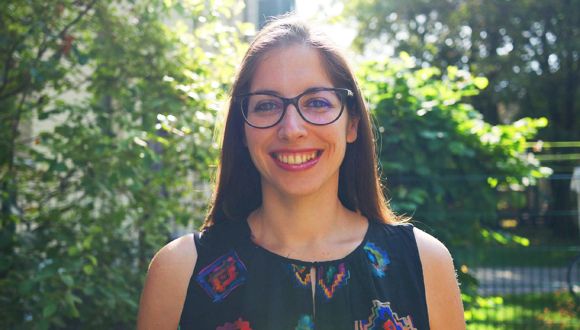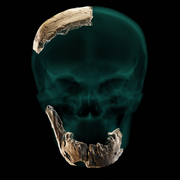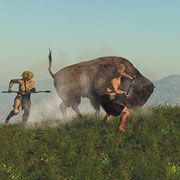New Ethical Code for World Research of Ancient DNA
TAU researcher was part of international team of experts who composed ethical standard
For the first time, an international team of experts, among them TAU anthropologist and paleo-geneticist Dr. Viviane Slon from the Sackler Faculty of Medicine and the Dan David Center for Human Evolution and Biohistory Research, has formulated a globally-applicable ethical code for research of ancient human DNA. The significant increase throughout the last decade in research of ancient DNA extracted from human remains, and its effects on archeology and other fields, created a need to formulate a dedicated ethical standard that will guide researchers in their work.
Sixty-four international researchers from different fields – archeology, anthropology, curatorship, archeo-genetics and paleo-genetics – from 31 different countries, among them TAU anthropologist and paleo-geneticist Dr. Viviane Slon, took part in the formulation of the ethical code. The ethical code was recently published in the prestigious journal Nature.
Interdisciplinary and International Cooperation
Dr. Slon, who is also a member of Tel Aviv University’s Shmunis Family Anthropology Institute, explains that ancient DNA research has unique aspects, which raise the need for ethical regulations. The examination of past ancestry can have social and political implications today, and because ancient DNA research deals with people who once lived, they must be treated respectfully.
The newly-written ethical codes encourage minimal damage to the human remains during research processes, and call for cooperation with stakeholders, including any descendants or local communities as well as fellow researchers in other fields – and to respect their point of view.
Dr. Slon says: “The guidelines proposed here encompass all the different stages of research, from planning, through sampling and sharing of data and results, to communicating with our fellow researchers and with the general public. It is an international project born out of a virtual meeting that took place about a year ago, in which there was a wide consensus regarding the need for ethical regulations in this growing field, and here we have the final product.”
“We hope to increase its impact, and we are working to translate the paper into dozens of languages, including Hebrew. Recently, researchers from the Shmunis Family Anthropology Institute and the Dan David Center for Human Evolution and Biohistory Research led the breakthrough research discovering ancient human remains in the vicinity of the Nesher Ramla factory. Due to the foundational principals laid for the expansion of the interdisciplinary cooperation in the world of ancient DNA research, we will now be able to maximize the scientific accomplishments in this field, in Israel and throughout the world”.






